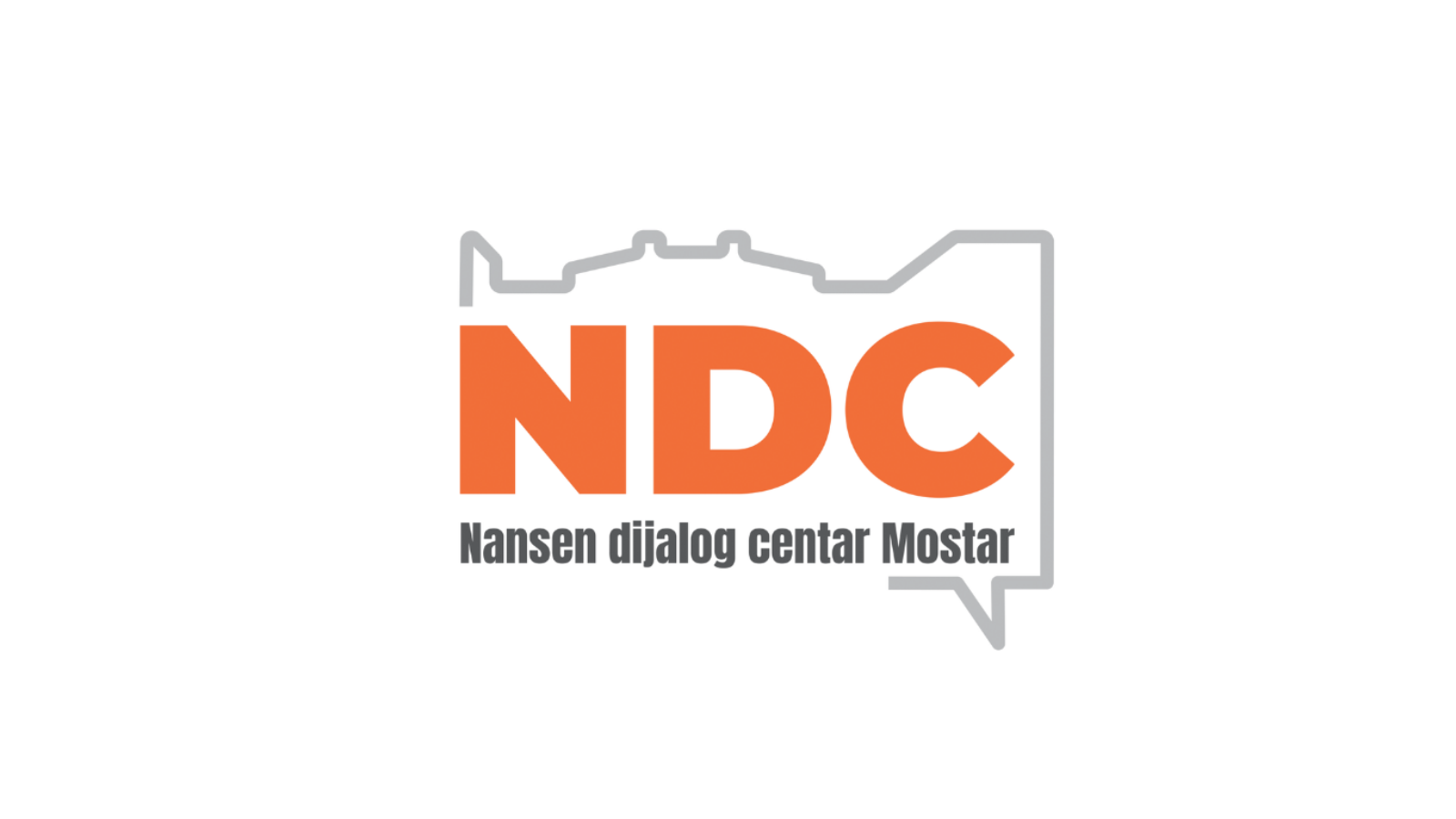Summary of the project implemented by Nansen dialogue Center Mostar
Through a series of activities, the project will:
- formulate recommendations for improving the education system through legislative proposals, institutional reforms, and curricular, practical and extracurricular activities,
- develop an intercultural educational model (thematically based on human rights standards),
- strengthen public support for educational reforms through an increased level of public awareness of the problems of the public education system, the consequences of those problems and possible alternatives and
- improve cooperation between local communities, partner schools and educational authorities in order to integrate recommendations for reforms of the education system.
Project goals
General objective:
Strengthening intercultural dialogue through the elimination of discriminatory practices in the educational system in Bosnia and Herzegovina and the promotion of peace education
Specific objective(s):
- Public advocacy – promoting the necessity of educational reforms and mobilizing local communities as part of the demand for better education, which will also include a peace and intercultural component
- Monitoring the application of court decisions on the abolition of discriminatory practices in education, the dynamics and results of educational reforms, as well as the responsibility of educational institutions
- Promotion of an alternative model of teaching practices and school programs through public dialogue between the public and civil sectors
Beneficiaries
Educational authorities (the Ministries of Education of Herzegovina-Neretva, Central Bosnia and Zenica-Doboj cantons, and the Ministry of Education of the Federation of Bosnia and Herzegovina), teachers and school administration, students, NGOs and media, representatives of international organizations dealing with education.
The capacity of 15 schools is expected to increase, which means that all students would benefit to some extent from the project (from 3,000-4,000 students), including indirectly their parents. In addition to them, the project would affect 350 teachers and school staff.
Main activities
- Conducting policy analysis from the perspective of the current legal and institutional framework and compliance with international standards and the needs of local communities, with recommendations
- Monitoring of the application of court decisions abolishing discriminatory practices – desk analysis of the situation in schools and the education system (in cooperation with the OSCE Mission in BiH, which published the report “Two schools under one roof”), with recommendations
- Signed an agreement on the implementation of the peace education program with three cantonal ministries of education
- Developed a manual for teachers in the field of peace education
- Implementation of activities of an alternative model of teaching practices (Nansen model of education) in at least 15 schools in three cantons, which include trainings for teachers and workshops for students, as well as monitoring the implementation of activities in schools
- Collection and systematization of experiences from the application of activities in schools with the aim of creating recommendations for decision makers. Panels with representatives of competent educational and judicial cantonal institutions in order to implement the recommendations of the monitoring report
- Promotion of school peace activities in communities through “Open Door Days”
- Exchange of good practices between schools
- National conference on the inclusion of peace education in curricula, which will bring together the most important representatives of national institutions, civil society, as well as international experts, at which the recommendations of the monitoring report would be discussed and timelines and institutional responsibility for their implementation agreed. This will create a basis for further monitoring of the undertaken obligations towards the improvement of the education sector and its contribution to the general situation in Bosnia and Herzegovina. society from the perspective of political stability








